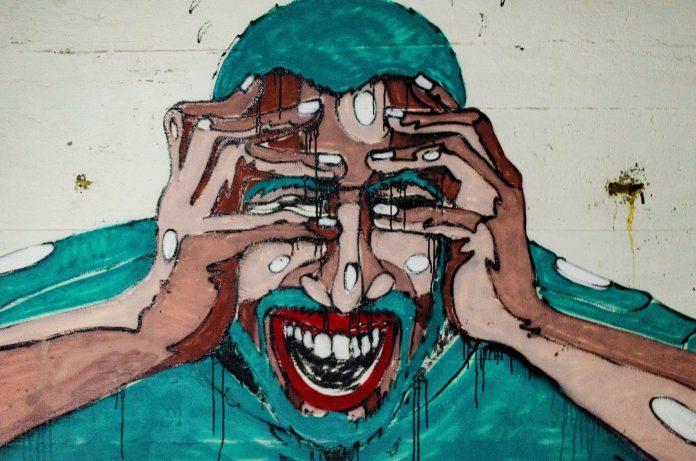Chronic Pain and Depression
On one level, physical pain is a warning sign that something is wrong with the body. It might be something easily remedied, like a dehydration headache. Drink some water and it goes away. Maybe it’s the result of an injury, a sprained ankle that requires recovery time. Something like appendicitis is certainly more serious, but with surgery, doctors can remove the organ to prevent further damage and the pain disappears with the healing process.
Chronic pain and depression, however, is something different. Lingering from six months to a lifetime, chronic pain can be the result of diseases like cancer, arthritis, fibromyalgia or it may be the lasting effects of a high-impact injury.
More than 20 percent of adults in the U.S., estimates the Centers for Disease Control and Prevention (CDC), live with chronic pain. It is the number one reason that people see their physicians and, according to a study published in Reviews in Pain, those coping with these issues suffer higher rates of depression, anxiety, and other mood disorders.
Mental Health and Chronic Pain
The combination of mental health issues and chronic pain is a difficult one-two punch and for some people, managing the pain can, unwittingly, lead to a substance use disorder.
About half of patients with a psychiatric disorder also suffer from chronic pain or a substance use disorder, “and often, both,” Dr. Thomas Kosten, professor of psychiatry, pharmacology, and neuroscience at Baylor University said in an interview with the Psychiatry and Behavioral Health Learning Network.
Depression and Opioids
Despite the ongoing opioid epidemic, prescription painkillers are still one of the most common forms of treatment for chronic pain. Unfortunately, the chances of developing an opioid addiction increase the longer a patient stays on these medications. As they develop a tolerance to the drugs, they may find that their regular dosage is no longer working. This can lead to misuse or mixing opioids with other substances, like alcohol and marijuana, to take that extra edge off the pain.
To make matters more complicated, alcohol and drugs, whether its a prescribed medication or an illicit substance, can worsen the symptoms of a mental health condition. Additionally, excessive alcohol consumption is also known to increase inflammation in the body and that can add to the intensity of pain a person experiences.
How to Treat Chronic Pain and Depression
While treating issues of chronic can be frustrating for patients and their physicians, the general consensus among health care experts is that people can address some of these problems through lifestyle choices.
“The first thing is to stay physically fit and active. If I could change one thing [it would be that] everyone would eat a proper diet and do some type of physical activity where you’re using your muscles,” Yury Khelemsky, an associate professor at Ichan School of Medicine Mount Sinai, told The Washington Post. “It’s not just good for the physical body, but it’s good for the emotional state as well.”
Activities like yoga, acupuncture, and meditation, along with regular physical therapy, can improve a person’s outlook, decrease levels of pain, and improve their day-to-day lives. Regular counseling, where a person can express their frustrations and struggles as well as develop healthy strategies for dealing with pain, can also be very effective.
The key is to avoid unhealthy and risky behavior. For instance, excessive alcohol consumption, cigarette smoking, and a lack of consistent, restful sleep will not only make symptoms worse but are habits that contribute to poor mental wellbeing.
Seeking Help for Chronic Pain and Depression
There is absolutely no shame in wanting to feel better and seeking medical help for chronic pain. Medication can be an effective tool for patients and their doctors, but avoiding the pitfalls of substance abuse and dependency, especially for those with a history of addiction, may require a level of vigilance and healthy life choices.

















